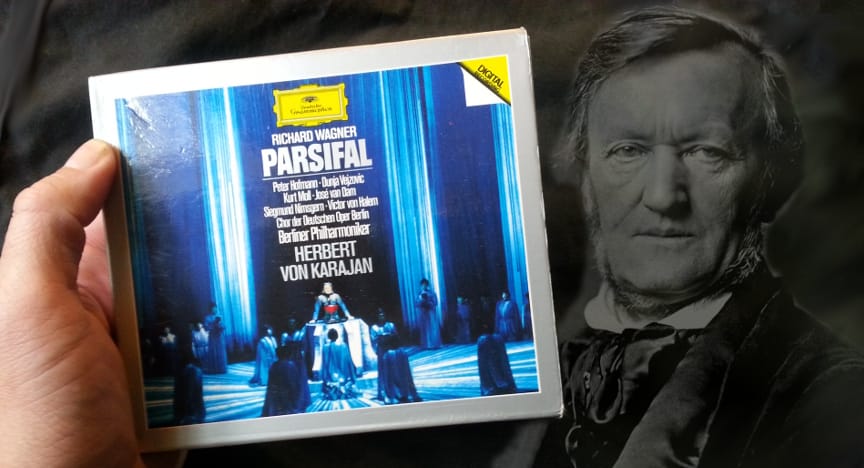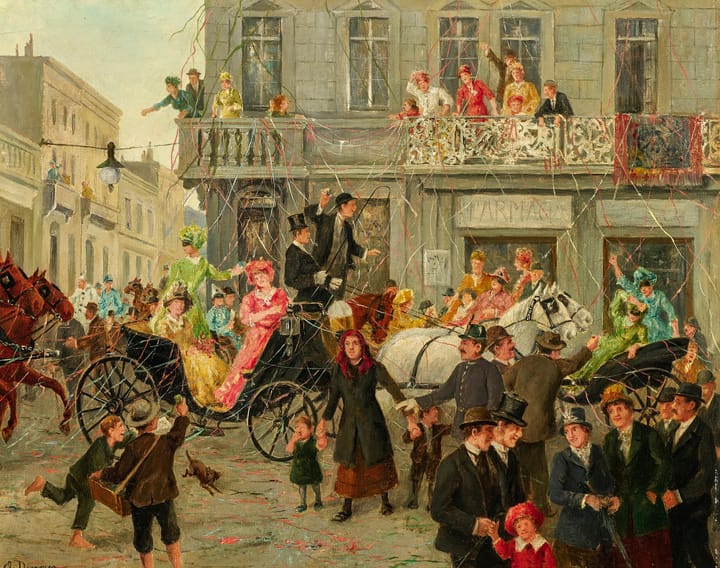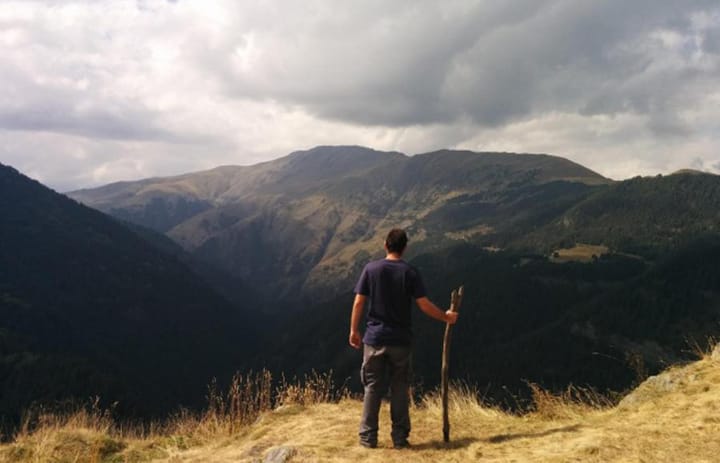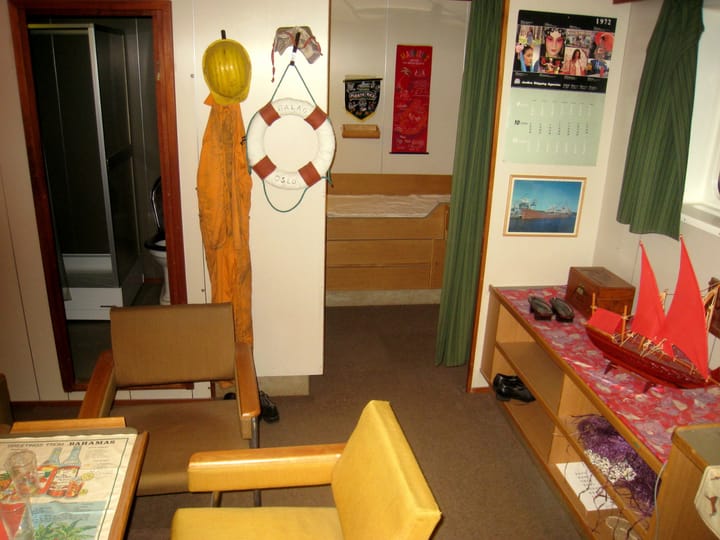My own Holy Grail: Wagner’s great opera “Parsifal.”
Wagner's greatest opera leaves the modern listener with a lot to think about.

One hundred and forty-two years ago today, on July 26, 1882, the great opera Parsifal by Richard Wagner premiered at the Bayreuth Festival in Bayreuth, Bavaria, Germany. The opera and its premiere represented the crowning achievement of Wagner’s creative life, and also its closing one: barely six months later the great composer was dead of a heart attack. I love opera, which may not seem strange to those of you who like heavy metal music. Wagner was basically the heavy metal of the 19th century, and Parsifal is by far my favorite work of his. On the anniversary of its premiere I thought I’d do an article on this great opera and why I love it, going a bit into its history, cultural impact and meaning, but this is also intended to be a personal essay, because the greatest experience of good music is on a personal and emotional level. There are many controversies and even mysteries surrounding Wagner and his works, some of which strike uncomfortable contradictions—I am a Jew and a liberal, in marked contrast to Wagner’s nationalistic outlook—but none of that obscures the cultural masterpiece that is this, perhaps the greatest opera ever written.
Parsifal, the story, is a version of one of the most sacred and persistent legends of the European Middle Ages, that being the Holy Grail. Wagner based the libretto on Wolfram von Eschenbach’s 14th century romantic poem about Parsifal (Percival), an Arthurian knight who went questing for the legendary Christian artifact, which is usually (but not always) said to be the cup that caught Christ’s blood at the Crucifixion. (I teach a free class on my website about the Holy Grail, by the way). The legend of the Grail is also intertwined with that of the Holy Lance (the Spear of Longinus), around which there is also a medieval and modern mystique. Believe it or not the actual plot of the opera is pretty inconsequential. I’ve read the libretto but frankly it bores me to tears, and it’s utterly useless in English anyway, as one of the reasons Wagner wrote the opera was to showcase the power and beauty of the German language. Suffice it to say it’s a 19th century operatic retelling of a classic medieval legend with roots in both Christian and pagan tradition, and connections to the Arthur legends of Britain and a part-historical, part-mythological shadow realm through which many European societies see their medieval past.


